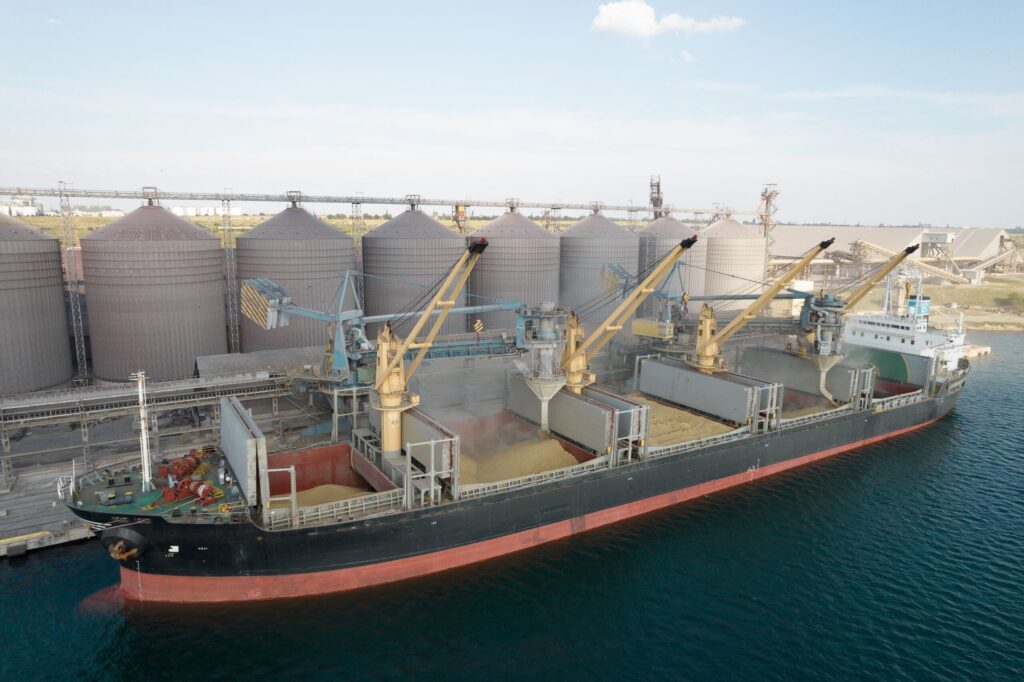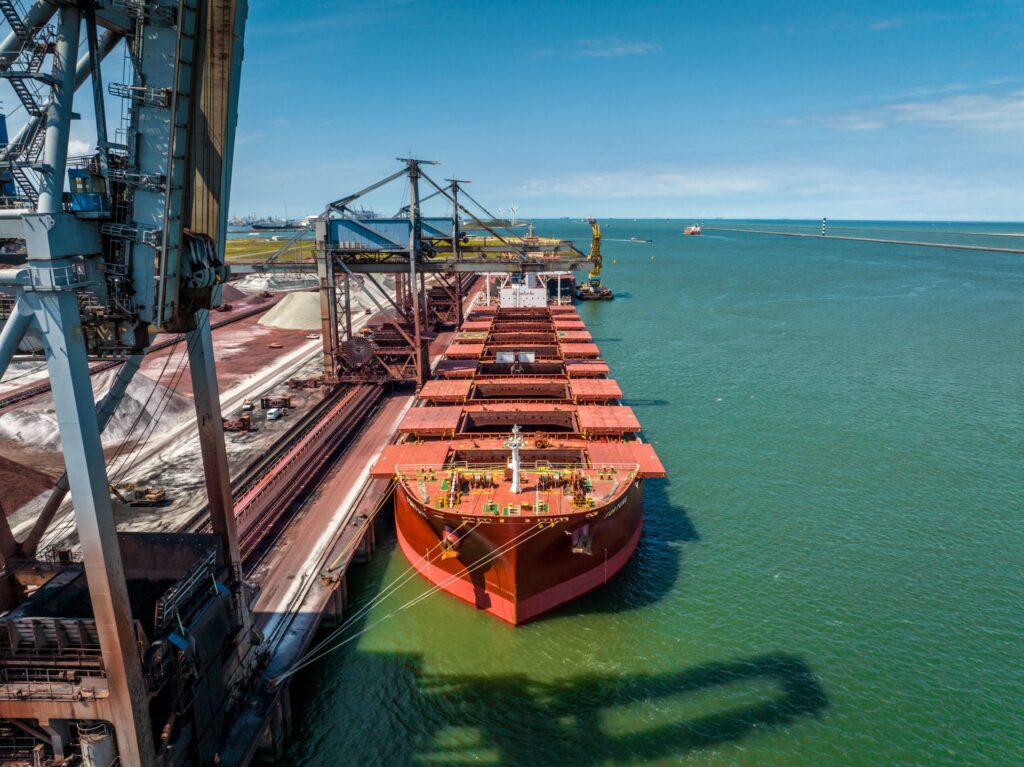Gateways of Tomorrow: Exploring the Business Value of Digital Transformation for General Cargo Terminals
General cargo terminals are vital to the global economy, handling diverse shipping requirements such as dry and liquid bulk, breakbulk, forestry products, project cargo, automobiles, and roro. Unlike container terminals, which have advanced in digital transformation, many general cargo terminals still rely on inefficient, manual, and paper-based processes, affecting their profitability. One digital solution to enhance terminal efficiency is a Terminal Operating System (TOS), which acts as a central nervous system by coordinating cargo flows through real-time tracking, task automation, optimized resource allocation, and integrated data sharing. Despite its widespread use in the container segment, TOS applications are limited in the cargo and bulk segments.


A report by Thetius, commissioned by Kaleris, identifies major challenges faced by general cargo terminals, including manual record-keeping, managing diverse cargo types, disconnected departmental systems, inefficient coordination, lack of data centralization, underutilized yard space, evolving trade patterns, and cybersecurity risks. These issues negatively impact various terminal activities. The report suggests that a TOS can address these challenges, improving operational efficiency. Thetius recommends a phased approach to implementing digital solutions, starting with identifying current inefficiencies and achieving quick wins, deploying proven technology, focusing on configuration over customization, and strategic change management. With a well-executed digital transformation roadmap, general cargo terminals can gain significant competitive advantages and profitability.
Thetius also hosted a webinar that explores the intricacies of operational optimization in general cargo terminals. Watch the webinar as industry experts delve into the challenges these terminals face and discover strategies to enhance operational efficiency and business performance.
The webinar outlines major challenges, including manual record-keeping, the inability to manage diverse cargo types, disconnected systems across departments, inefficient coordination, a lack of data centralization, underutilized yard space, evolving trade patterns, and cybersecurity risks.